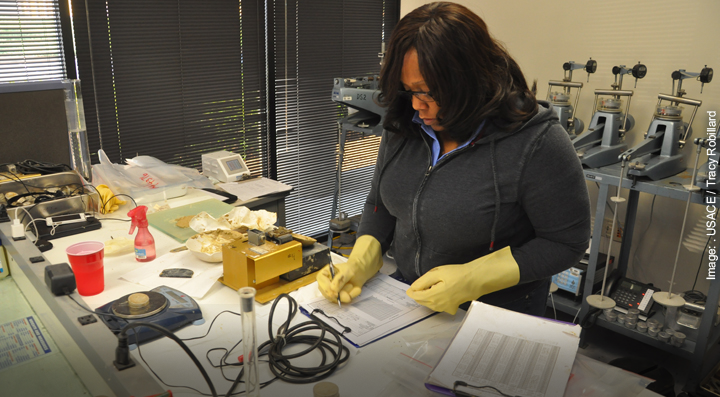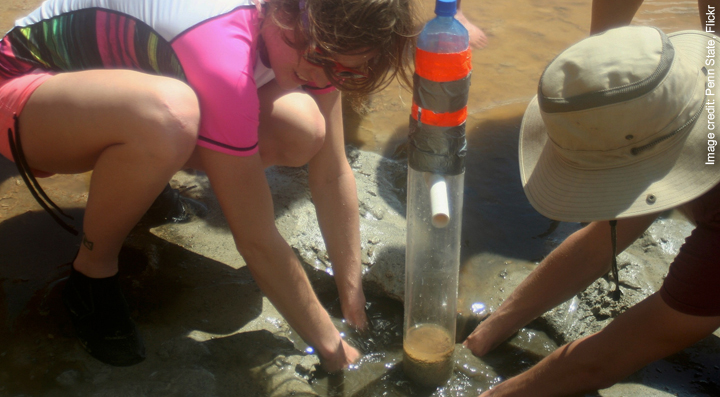Postgraduate Masters courses
![]() A MSc, or Master of Science is a postgraduate degree which usually provides training in a specific subject area relevant to industry (such as engineering geology or petroleum). Unlike the integrated masters, an MSc is an additional, stand-alone qualification applying knowledge and skills gained at undergraduate level to a particular field. It is an important first step in continuing professional development (CPD) which will continue throughout your career.
A MSc, or Master of Science is a postgraduate degree which usually provides training in a specific subject area relevant to industry (such as engineering geology or petroleum). Unlike the integrated masters, an MSc is an additional, stand-alone qualification applying knowledge and skills gained at undergraduate level to a particular field. It is an important first step in continuing professional development (CPD) which will continue throughout your career.
MSc courses are either 1 or 2 years in duration. A 1-year MSc will often run through an entire academic year, ncluding an independent project which runs through the summer. Students applying for an MSc will normally hold (or be about to complete) a BSc (Hons) undergraduate degree in the lower second class (2.2) or above.
![]() Find a Masters in your chosen field
Find a Masters in your chosen field

MSc vs MRes
Masters vary in the amount of taught content versus independent research.
A standard taught masters (MSc), which is most common, typically involves two-thirds taught material and one-third project work. A MRes (Masters through Research) is typically one-third taught content and two-thirds project-based, and is often aimed at those intending to continue along an academic career path (by progressing to a PhD, for example).
 MSc dissertations/projects
MSc dissertations/projects
These are similar to an undergraduate MSci/MGeol research project, but do not usually overlap with any taught classes. They are usually have a longer word count (such as 10,000 to 20,000 words), and must be completed in less time (typically about 3 months).
Depending on the course and university, projects are may be organised by students themselves or chosen from a list of projects. Projects are arranged throughout the year - some months in advance of the start date, which is usually late May to early June, while others can be set up only days before.
Staff members are the best first point of call when looking for a project, as they will know about potential supervisors running suitable projects. External organisations also approach universities looking for MSc students to carry out projects they have set up. Staff usually circulate these adverts/requests very swiftly; some are more popular (and competitive) than others.
During a project, MSc students undertake some or all of the following activities:
- Sampling/mapping trip(s) to the area of interest with the supervisor or as part of an internship with a company/organisation
- Laboratory work, including sample preparation, microscopic analysis and other laboratory techniques (e.g. geochemical analyses or geomechanics testing)
- Data and/or image analysis, interpretation and presentation
- Computer programming and modelling of a variety of geological phenomena
- A review of all relevant scientific literature (‘literature review’)
- A completed and successfully defended dissertation.





